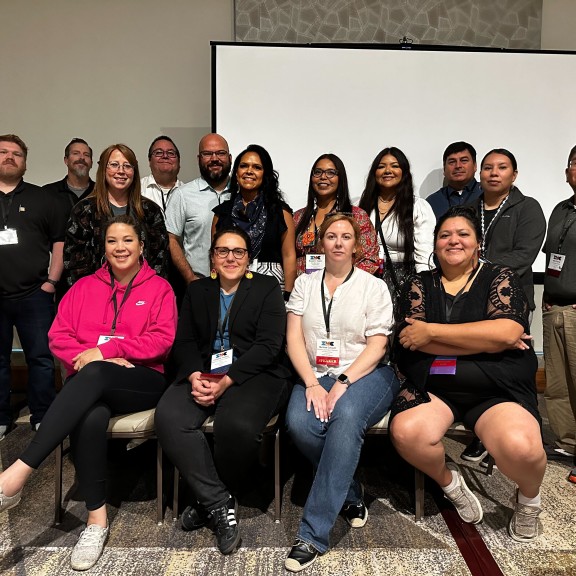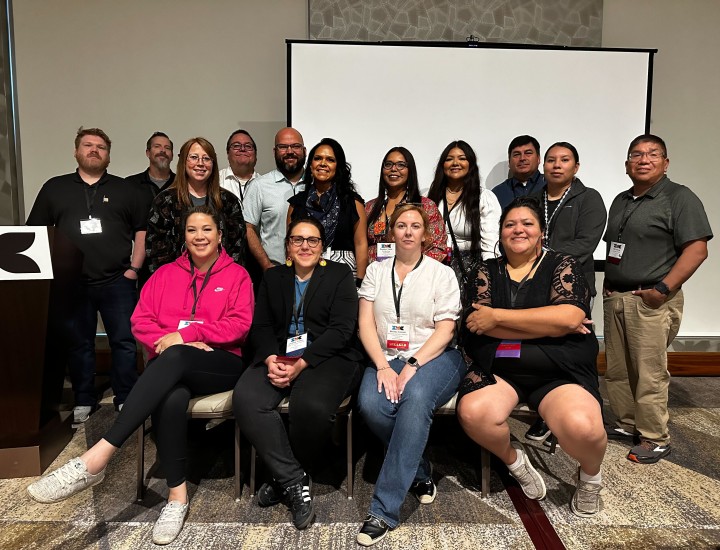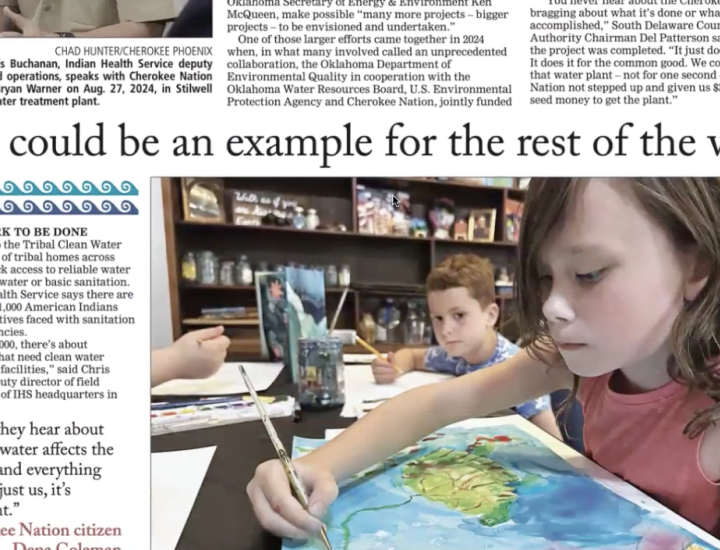Addressing Health Disparities
The Solutions Journalism Network (SJN) is supporting journalists in bringing a solutions lens to health coverage, including reporting that focuses on health disparities impacting Latino and Indigenous communities in the United States and responses to those disparities. The solutions journalism approach focuses on uncovering what’s working, for whom and under what conditions.
Blueprint for Better Births: Alabama’s Midwives and Solutions to the Maternal Health Crisis
In one of the most dangerous regions in the nation to have a baby, there's an opportunity to build a better, more equitable maternal health system. Reckon highlights the critical difference that integrated midwifery care has made as a pathway to improved health outcomes in Alabama.
How the LA Times Covered Mental Health Equity in Communities of Color
Through a yearlong mental health initiative, For Your Mind, three Los Angeles Times journalists wrote pieces that explored how mental health stigma plays out in different communities of color, including how some in those communities are effectively responding to that stigma. In addressing mental health in diverse communities, the team introduced solutions journalism concepts as a pathway to stronger reporting that deepens audience engagement and builds community trust.
The Emancipator Reimagined Health News with Neighborhood Tours and Solutions Circles
In a collaboration between The Boston Globe and Boston University’s Center for Antiracist Research, The Emancipator explored health solutions that center underrepresented communities.





